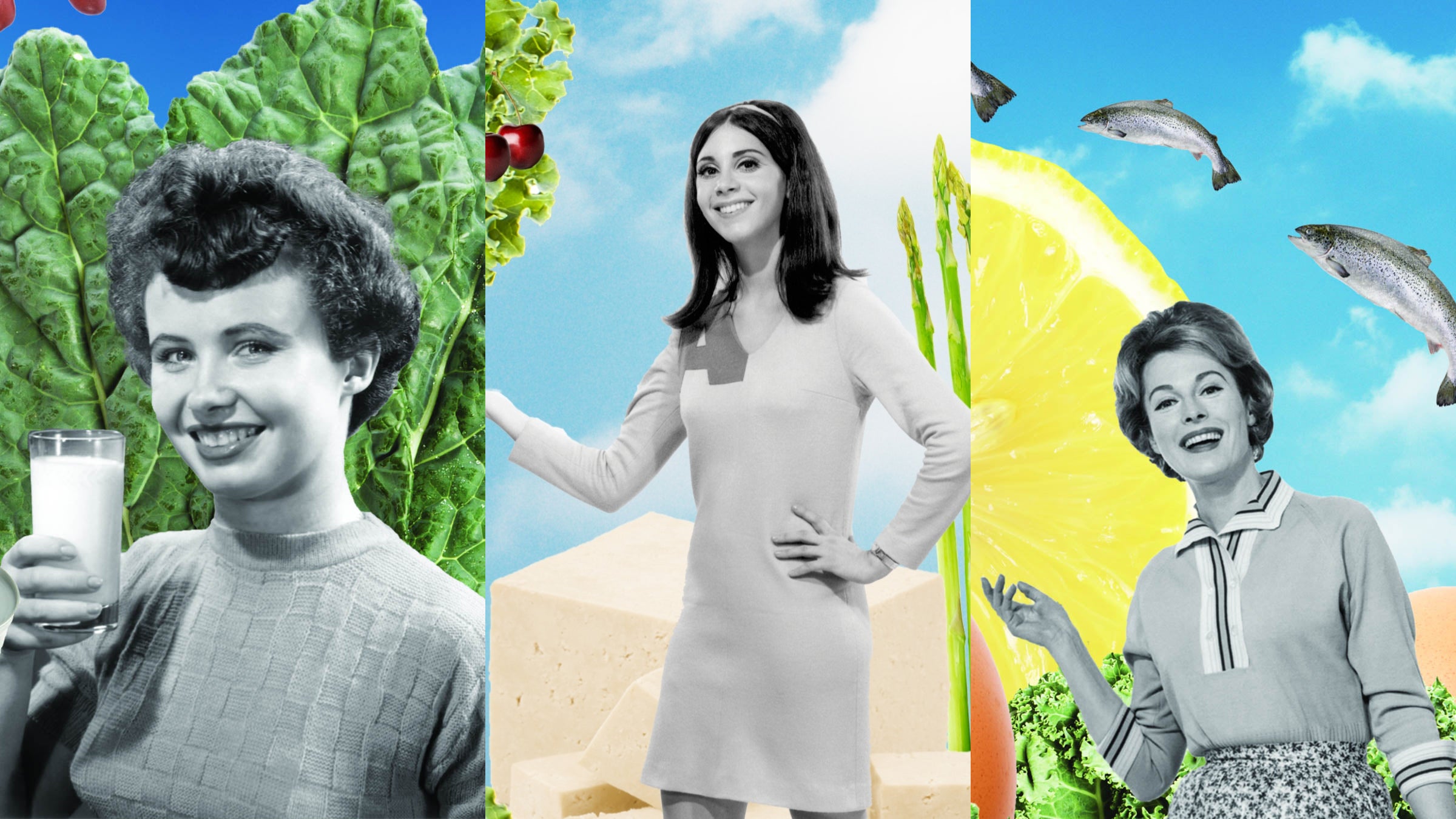How to Age-Proof Your Nutrition by Eating the Best Foods for Each Decade of Life

(Photo: Erin Douglas)
When Los Angeles–based registered dietitian nutritionist Yasi Ansari begins working with a new client, she first asks them to describe how it feels to run, lift, or otherwise train with a fueled, strong body. Then, she has them imagine they didn’t eat enough before a workout or competition.
“Most of my athletes are able to give me real-life examples of times they felt they were ‘hitting the wall’ or needing to put more effort into every movement when they didn’t eat enough,” says Ansari.
The exercise instantly reinforces her key message: Food provides strength, both physical and mental. “Adequate nutrition is just as important as taking care of your mental health, proper training, sleep, and hydration,” she says. “It’s all part of the recipe that sets an athlete up for success in their sport.”
RELATED: Are You Eating Enough? Here Are 5 Signs You Might Not Be
When it comes to fueling, many aspects remain constant through all the miles and years. But as we progress through the stages of our lives—from eager high-school runners to wise masters athletes—our bodies undergo a series of changes. Hormonal shifts, metabolic adjustments, and lifestyle developments mean the way we fueled at 18 won’t necessarily work when we’re 64; the best foods for each decade change.
Fortunately, women runners can evolve their eating habits through the years to unlock even more of food’s fortifying forces. “For women runners, it’s not about removing things or taking them away, it’s actually the opposite,” says Reshaunda Thornton, a St. Louis–based registered dietitian and author of Play to Win the Food Fight. “Food is enrichment, and good nutrition is the ultimate gift you can give to yourself.”
Ansari considers many factors when working with athletes in addition to age: budget, access, and sensitivities around food and training play a role in their optimal strategy. No matter your age, however, a few key principles are unwavering.
First, eat enough. Runners burn hundreds of extra calories per day, says Michelle Barrack, registered dietitian and associate professor of nutrition and dietetics at California State University, Long Beach. Fail to replenish them, and you run the risk of a condition called low energy availability, in which your body lacks resources to function fully. Over time, it can harm your muscles, bones, hormones, fertility, heart, and mental health, a constellation known as relative energy deficiency in sport (RED-S) that typically requires medical treatment to reverse.
RELATED: A Female Runner’s Guide to Eating for Energy
Remember: You need all three macronutrients (proteins, carbs, and fats) to live well and perform your best. Carbs are the fuel that powers your muscles, brain, and heart, says Sakiko Minagawa, a registered dietitian for the division of sports medicine at Nationwide Children’s Hospital in Dublin, Ohio, and Olympic Marathon Trials qualifier. Protein helps build new muscles. And fats fight inflammation and ensure proper hormonal balance.
Runners’ bodies also require plenty of micronutrients (vitamins and minerals) to absorb the stress of training. The best way to get there? A variety of fruits or veggies on the menu for every meal and snack, says Lauren Antonucci, registered dietitian nutritionist and author of High Performance Nutrition For Masters Athletes. (If you’re eating 30 or more different plant foods over the course of week, you’re likely covering your bases.)
And finally, you could take plenty of pills and powders, but it’s better to employ what Ansari calls a “food first” approach and get what you need from your diet. A registered dietitian nutritionist, preferably one who works with athletes, can detect deficiencies and recommend supplements as needed.
Ready to get specific? Here are the best foods for all the decades: